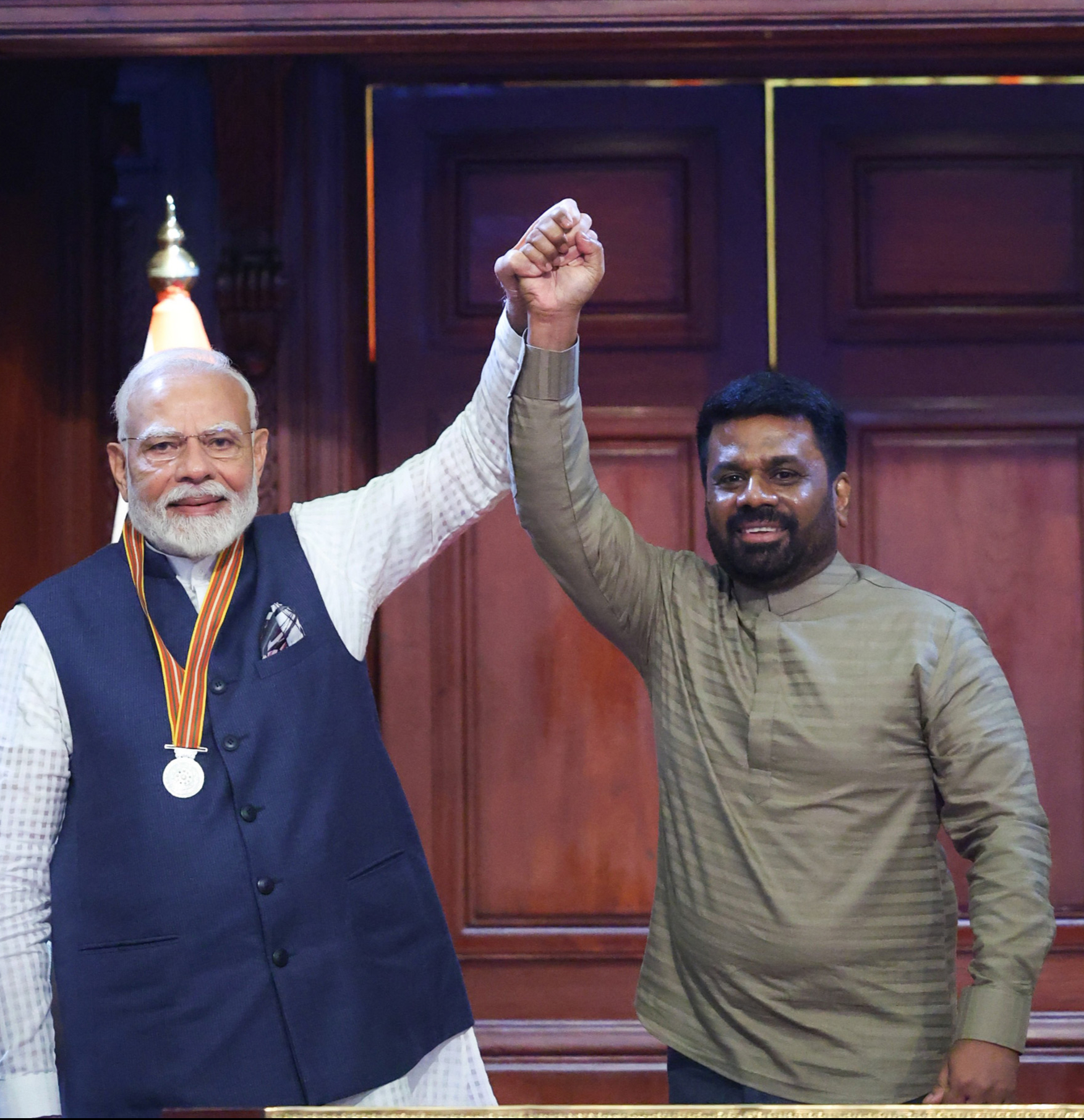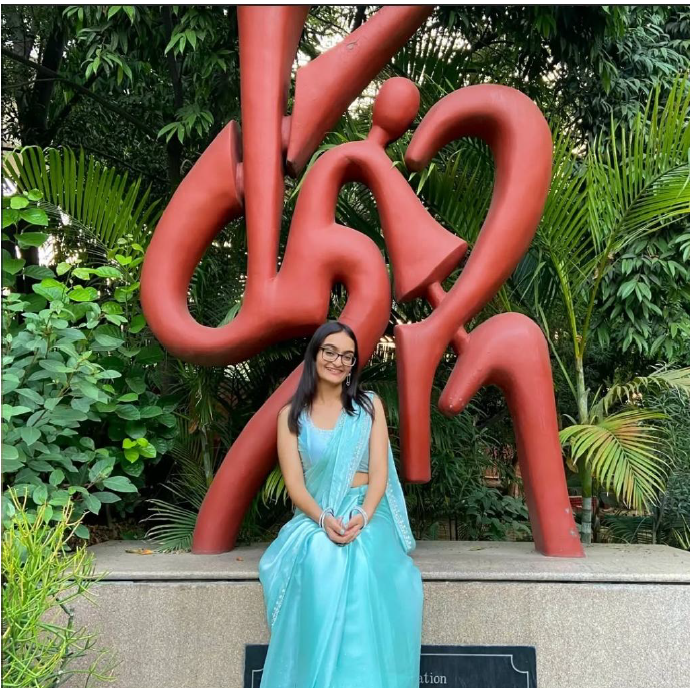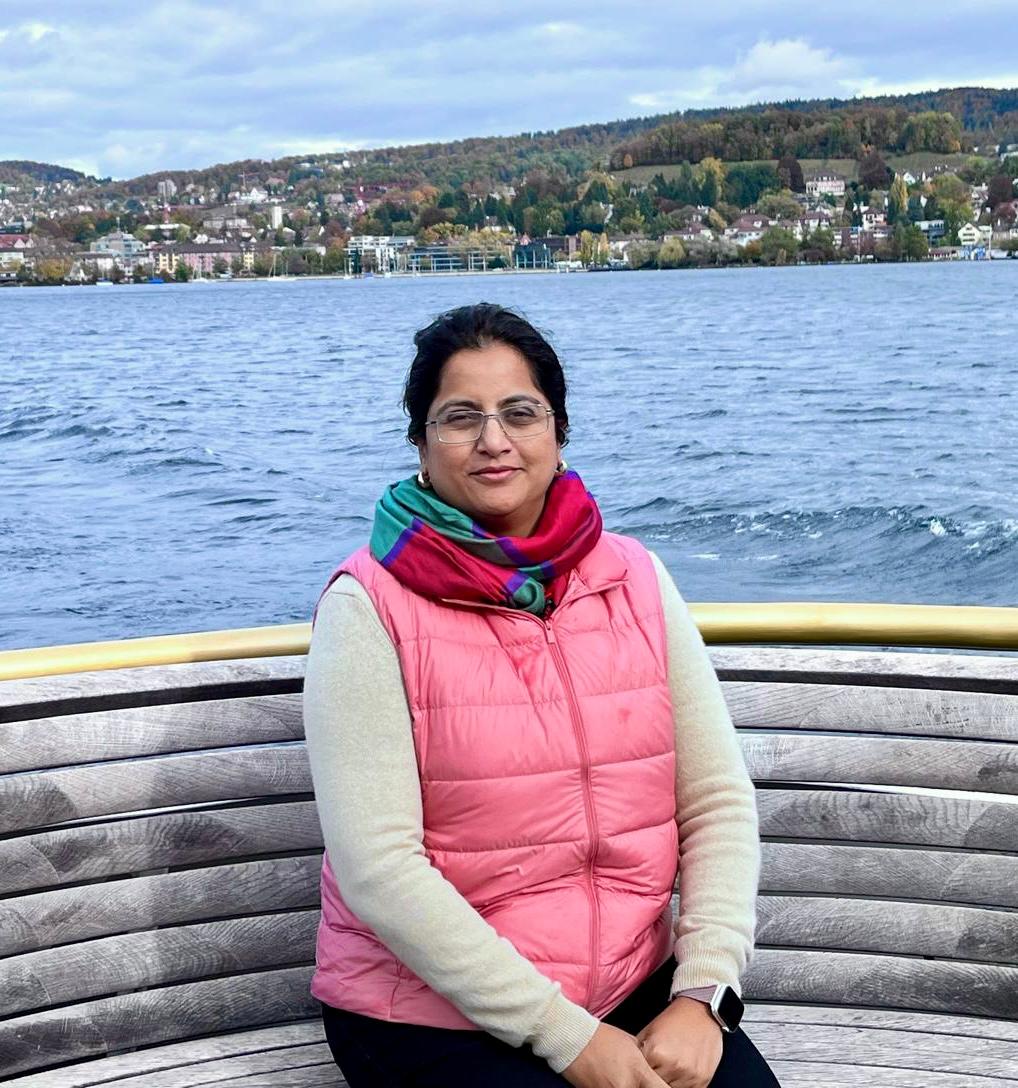If there is one individual for whom priorities are strikingly clear, it is the honorable Prime Minister of India, Narendra Modi. At the heart of his foreign policy approach lies a deeply personal and culturally rooted ethic—Wadki Vyavhar, a concept inspired by the everyday lives and generosity of Gujarati households. A wadki is a small bowl used for serving dal, but its significance transcends its size. It symbolizes frequent and reassuring exchanges of food, help, and kindness between neighbors. It is a way of life that builds mutual trust, reliance, and a sense of community among neighbors.
PM Modi has not only lived by this ethic but has also elevated it to a strategic national priority since his elevation as Prime Minister. As India remains the larger and more resource-endowed nation in the subcontinent, the onus, PM Modi believes, is on India to be the reliable, non-imposing neighbor, sharing generously and supporting others in times of need, without arrogance. His childhood ethic finds a significant place in the foreign diplomatic policy as the neighborhood first approach.
This ethic of Wadki Vyavhar finds powerful expression in India’s relationships with its neighboring countries—be it Sri Lanka, the eastern neighbors like Bangladesh, Bhutan, Nepal, and Myanmar, or even conflict-ridden Afghanistan. Across these diverse contexts, India has extended humanitarian aid, developmental support, infrastructure investments, and cultural goodwill, all under the steady leadership of PM Modi.
Sri Lanka: Strengthening Bonds in Crisis and over Cricket
Sri Lanka’s economic collapse in recent years has put its regional partnerships to the test. India, under PM Modi, rose to the occasion, stepping in as a friend and supporter by extending both humanitarian and developmental aid. India extended over USD 5 billion in assistance, including USD 4 billion during the peak of the crisis in 2022, for essential commodities and debt relief. The aid was not a loan trap, but an authentic form of development aid through grants and concessional credit, symbolizing a genuine gesture that echoed the spirit of Strategic Wadki Vyavhar.
In April 2025, PM Modi’s visit to Colombo showcased the softer, yet deeply strategic side of diplomacy—cricket diplomacy. His interaction with the 1996 World Cup-winning Sri Lankan team became a symbolic celebration of shared passions and respect. The Prime Minister highlighted the transformative impact of India’s 1983 World Cup victory and the 1996 World Cup win by the Sri Lankan team, emphasizing how these milestones reshaped the cricketing world. The Prime Minister remarked that the evolution of T20 cricket can be traced back to the innovative playing style demonstrated by the then-Sri Lankan cricket team in the 1996 matches. The PM responded warmly to Sanath Jayasuriya’s (Sri Lankan National Team Coach) wish to take cricket to Jaffna, not just to build a cricketing community but also to instill strong ethics through sports. He relied on what is shared and celebrated between the countries. This move also countered the increasing presence of China in the region, offering soft, sustained support where the northern neighbor offers only hard infrastructure.
Eastern Neighbors: Partnership in Progress
PM Modi’s Wadki Vyavhar is also deeply evident in India’s eastern outreach. India’s role in the creation of Bangladesh in 1971 laid the foundation for a trusted bond. Over the years, New Delhi has invested heavily in development, especially in infrastructure and energy sectors. A USD 10 billion concessional loan was extended for projects across the country. PM Modi’s 2015 visit brought resolution to the long-standing land boundary dispute, a historic milestone in bilateral relations.
Bhutan stands as a true symbol of trust and friendship with India, as it received the largest share of Indian foreign aid. India has contributed to Bhutan’s Five-Year Plans by extending financial assistance worth ₹4,500 crores each for both its 11th and 12th Five-Year Plans. The focus of the aid was primarily on education, hydroelectric power, and digital connectivity. PM Modi made Bhutan his first foreign visit as PM, and in 2024, he was conferred with the Order of the Druk Gyalpo, Bhutan’s highest civilian award—an embodiment of mutual respect.
India’s development efforts in Myanmar include the strategic India-Myanmar-Thailand Trilateral Highway, vital for regional connectivity. India has also supported Myanmar in sectors like IT, agriculture, and education. During the COVID-19 pandemic, it delivered 1.7 million vaccines as part of humanitarian outreach. With historic and cultural proximity, India has committed USD 1.65 billion to Nepal’s development, funding High Impact Community Development Projects in health, education, and infrastructure. PM Modi’s landmark visit—the first by an Indian PM in 17 years—repaired a strained relationship, countering Chinese influence and reestablishing mutual trust.
Afghanistan: A Legacy of Brotherhood in Turmoil
Afghanistan presents a different scenario—wracked by internal strife and political instability. Yet, India’s commitment has remained unwavering. Rooted in both Wadki Vyavhar and the larger Indian philosophy of Vasudhaiva Kutumbakam (“The world is one family”), India’s actions have been guided by human solidarity more than politics.
Following the Taliban takeover in 2021, India immediately sent 50,000 metric tons of wheat through the World Food Program, feeding millions. Beyond food aid, India has historically contributed to rebuilding Afghanistan, most notably, the Afghan Parliament building (inaugurated by PM Modi in 2015) and the Afghan-India Friendship Dam, which now irrigates vast Afghan farmland. India also pledged USD 1 billion in aid, signaling a sustained commitment beyond changing regimes.
The Strategic Ethic
Wadki Vyavhar, at its core, is about neighbors being there for each other, not occasionally, but consistently, in both big and small ways. PM Modi’s foreign policy, especially toward the neighborhood, isn’t just transactional or driven by global power games—it is personal, cultural, and deeply ethical. Whether it’s building a dam, settling a boundary, supplying food, or simply supporting cricket, the message is simple: India is a neighbor you can count on.
This ethic is especially important in a region where another power, China, often looms with heavy investments and strategic leverage. India’s approach—grounded in empathy, shared history, and cultural affinity—offers a creative model of leadership. It is not about dominance; it is about dignity, dialogue, and dependable partnerships. And in that small Gujarati bowl, the wadki, India has found a timeless model for modern diplomacy.
The views and opinions expressed here belong solely to the author and do not reflect the views of BlueKraft Digital Foundation.







